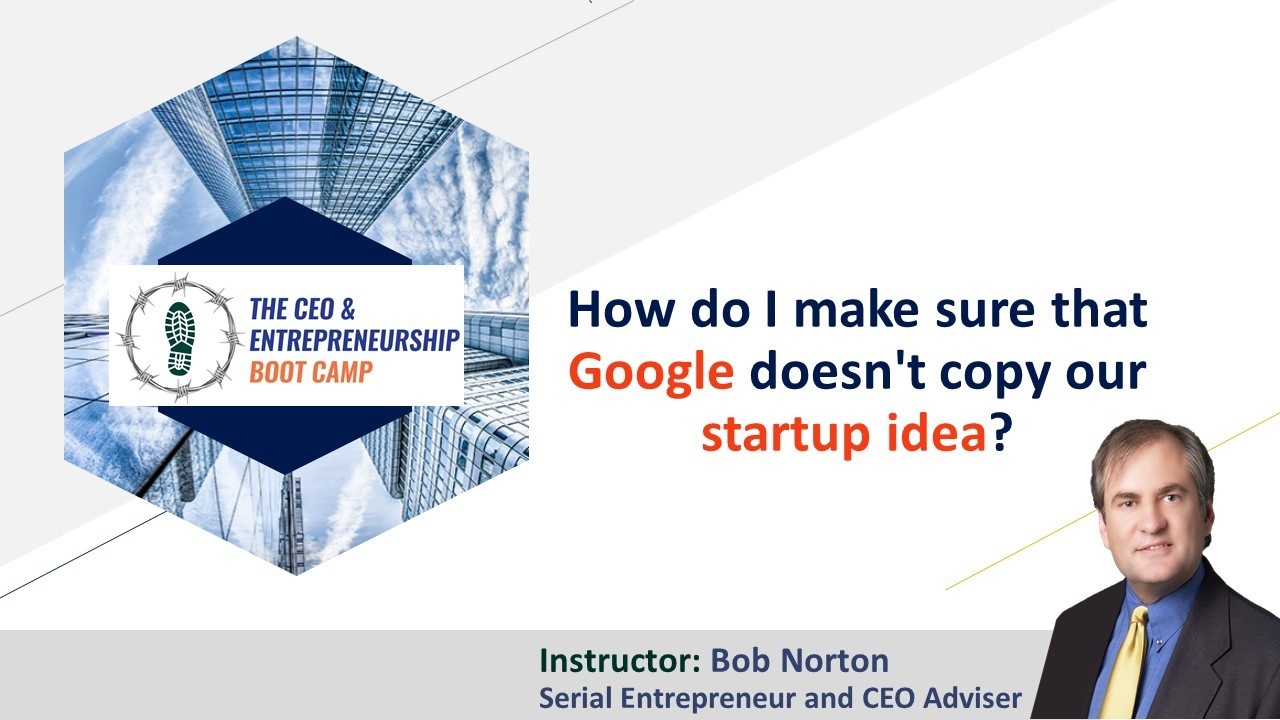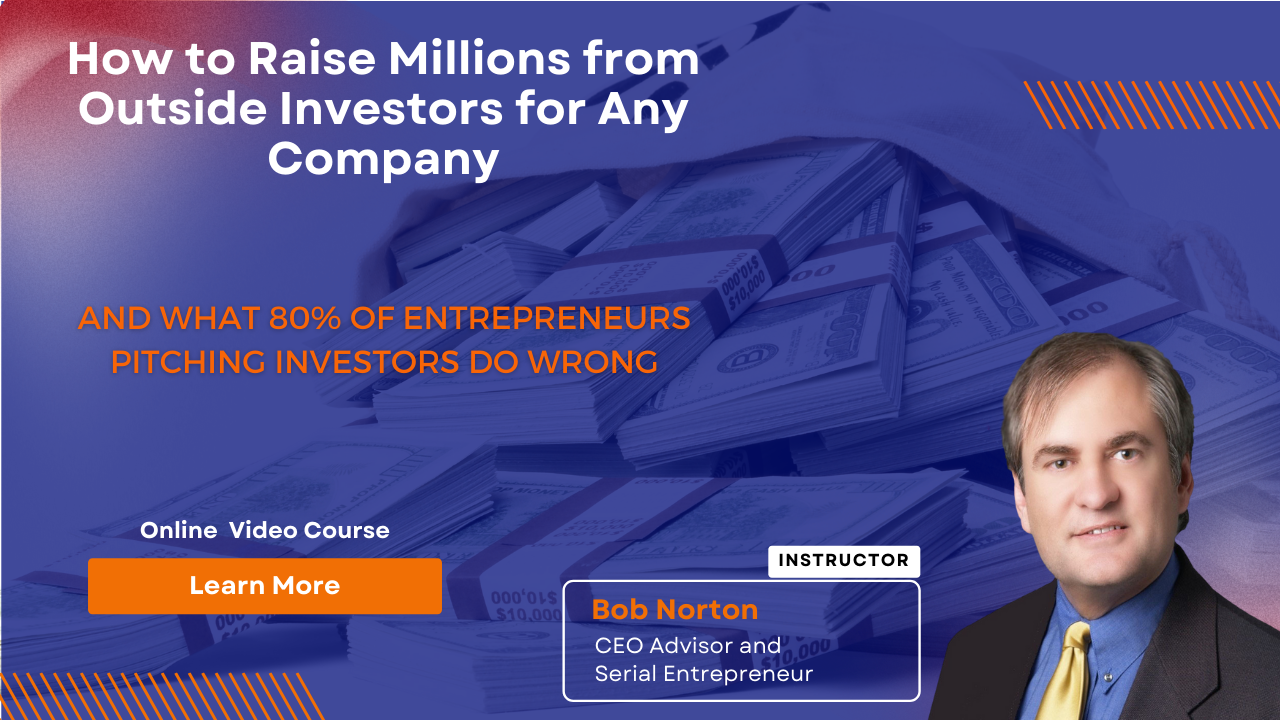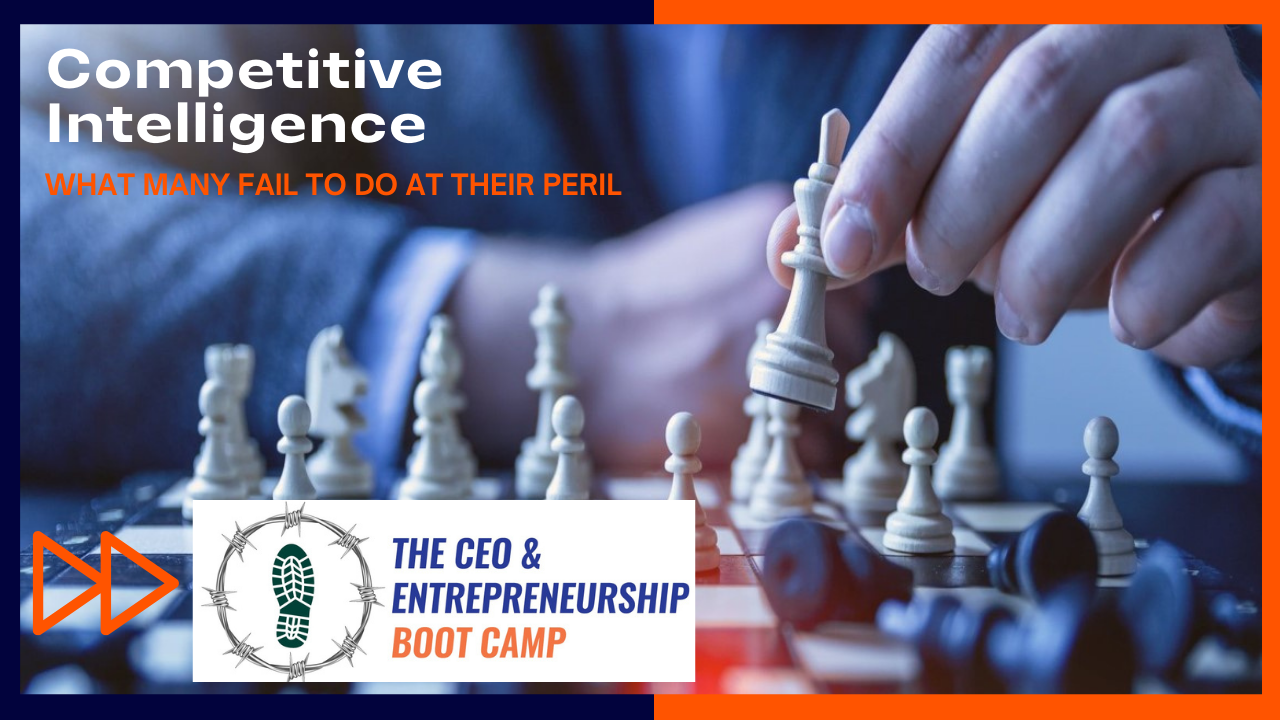Why does OKR or MBO Work Less Well in a Research Environment?

MBO and OKR is a proven way for companies to improve performance dramatically. But it is not a panacea either. It is just a structure and cadence for good management to insure great communications and cooperation between people and areas of the business. And one very good manager should use - no exceptions.
To be fair OKR is just a repackaged (plagiarized) version of Management By Objective (MBO) created by The Father of Management (Science) Peter Drucker in the 1960s. All his books are timeless, and I highly recommend any serious manager read them all over time. Start with The Daily Drucker.
That said in research (and development), which I did full-time for 8 years in my earlier career, there are more unknowns, and it is harder to set clear timelines for things, mainly because the next steps depend on the result of earlier steps and also iteration. However, you can still have release dates and other things agreed to -- you just may not have exact expectations on what a...
Is HR allowed to veto a hiring decision by management?

Simply put, generally, no, but there are various scenarios and circumstances. So, this is really not a yes or no question and requires more information to answer.
Legally, any Officer of the company (a legal status according to the Secretary of State filings in the state in which your company is incorporated) has the right to commit their company legally to any contract, and hence to hire someone. This status comes with a large “Fiduciary responsibility” to act in the best interest of the company and its stockholders. It also means you have liability in certain circumstances. You have a responsibility to all shareholders and cannot make any decisions for personal reasons, only in the best interest of the company.
When on a "Board of Directors" there is a very high standard for that in law called "Utmost good faith". And you can and should be sued and removed for any violation of that responsibility. But that's another article for another...
What’s the most effective way to train employees to thrive as managers?

Training like this is best done with an ongoing Management Development (MD) program. This is also often called Learning and Development (LD), or Management Development (MD). Management is an art, not a skill. Hence, only actual practice and experience increases someone’s abilities. Of course, a foundation of knowledge of best practices, styles and some structure is very helpful and that can be learned. Models, rules of thumb and reading will help a lot. It will just not be enough.
Any company over about 10 employees should have ongoing monthly or quarterly education goals for managers, or ideally all employees. This allows people to grow with the company, creates loyalty and is a big win-win. This does not have to be expensive. I generally recommend about 2% to 3% of management salaries for an MD program. This can pay an RPI that is 10 to 100X.
Some MD can be just reading assignments. The key is knowing the best books for a given employee at that...
How Do You Compete with a Company Doing the Same Thing as You?

The short answer is you never should. You should slightly adjust your business model or target market to be differentiated. Read this article to learn how.
A startup should never really have a direct competitor. Its target market, where it can do something that others cannot, must be unique at the start to establish a beachhead in a niche. You need to target another niche market (often an intersection and application and industry sector) where you have a Sustainable Competitive Advantage (SCA).
Sometimes geography can be this difference if a service is delivered locally, or you are going after a country where a new service does not yet exist (i.e. Starbucks). However, this is less powerful than proprietary product and service capabilities that others do not have long-term. You could be attacked locally at any time, even by ex-employees you trained who leave. It is also possible and better to layer in other SCAs over time. First to market can give you advantages like...
Do good employees make good managers?

Sure, but only a certain percentage. Usually 5% to 15%. These are the ones willing to work hard, develop themselves, learn more rapidly and develop EQ and people skills. Google The Peter Principle to understand better.
Management is an art, not a skill. An art requires vast experience, and literally rewires your brain neuroplasticity over the years. See Malcolm Gladwell’s book Blink. You cannot learn it in school. Only practice it for many years to hone your talents there.
The fact is, most people are lazy and do not want to continue to develop, think for themselves and excel. Only that do should be allowed in management. This is called “Self-Actualized”.
Join the course How to Raise Millions from Outside Investors
Bob Norton is a long-time Serial Entrepreneur and CEO with four exits that returned over $1 billion to investors. He has trained, coached and advised over 1,000 CEOs since 2002. And is Founder of The CEO Boot Camp™ and Entrepreneurship...
What's the difference between a CEO and a COO?

Easy. COOs deal with short-term management and daily, weekly and monthly issues. This is the “Care and feeding” of employees to coordinate resources and track results. CEOs work more on the long-term from 1 to 5 years out. CEOs also spend their time, maybe as much as 50%, on proper staffing at the management level, coaching this team up and developing these managers to grow professionally to take on more responsibility with that growth. Often the CEO will spend 50% of their time divided between: Strategy development, customer contact (direct input), and optimizing processes for marketing, sales and finance. In smaller companies where there is no full-time CFO 50% of a CEO’s can go to fundraising at times too. So, you can see how many situations can require more people power.
Typically, a CEO and COO are not both needed until a company exceeds 50 employees, but there are many factors. Some Founder/Owners also lack the management skills, patience or detail...
What is the difference between a CTO and a technical Product Manager?

This is kind of a silly question, as these jobs are so very different. But it is something many do not understand well and so needs a good answer too. This answer is mainly in the context of technology companies. As a CTO in a service company where technology is not the product is a different animal.
A CTO understands technology deeply and broadly. And also, business considerations like development and operations costs, risk and development life cycles of products. They guide an organization in the use of newer technology, across the organization and all its IT, software, hardware and products. They would be responsible to see the organization is keeping up with and/or passing competitors to use technology strategically for competitive advantage, cost savings, speed or other advantage in their industry.
In a tech startup, the CTO is often a cofounder. They need to have a deep understanding of technology AND broad understanding of business and even...
How do I make sure that Google doesn't copy our startup idea?

This is sort of like asking, “How do I create a masterpiece of art?”. The answer is so complex it involves years, maybe decades for most, of experience in strategy, product development, intellectual property, operational excellence and more.
Creating Sustainable Competitive Advantage, which is the only thing that drives higher exit values, is art. And involves many disciplines. I created a web page titled The Entrepreneur's Journey which lays out the 25+ skills, and arts really, that are required to build a valuable company that can grow rapidly and provide a strong exit for investors here: The Entrepreneur's Journey
If you ask this question, you are far from ready and need to dedicate years more to study and learning. I suggest you check out The CEO & Entrepreneur Boot Camp here: Home Page, begin reading a few books a month and plan to develop strategies and management skills first.
Join the course How to Raise Millions from Outside Investors
Bob Norton...
Why Do Founders Often Fail as CEOs?

Because being a CEO of a startup is the most complex job there is today. People greatly underestimate what it takes to be successful. It takes at least 10 and more likely`5+ years' experience to accumulate the experience needed for a high chance of success.
Here is a list of the skills we teach at The CEO & Entrepreneur Boot Camp:
1. Recruiting
2. Management
3. Marketing & Branding
4. Product Development & Innovation
5. Operations, customer services
7. Sales
8. Raising capital
9. Leadership
10. Competitive Intelligence
11. Market Research
12. Vision
13. Competitive Strategy
14. Organizational Development (OD)
15. Industry/domain expertise
 | Learn more about our Growth and Scaling (GSP) |
| For a free video consultation call on what your |
Now the CEO does not need to be expert in these, but that expertise is needed on a team and they need to understand how to manage...
Do Most Top Owners of Big Companies Have the Best Technical skills?

Very rare and almost impossible except in the startup days. Owners need to master other skills like this list to scale a company. Sometimes they help build the first product but usually people with far more talent come in and improve it greatly, as they have 15, 20 or more years experience.
Because being a CEO of a startup is the most complex job there is today. People greatly underestimate what it takes to be successful. It takes at least 10 and more likely`5+ years' experience to accumulate the experience needed for a high chance of success.
Here is a list of the skills we teach at The CEO & Entrepreneur Boot Camp:
- Recruiting
- Management
- Marketing & Branding
- Product Development & Innovation
- Operations, customer services
- Finance

- Sales
- Raising capital
- Leadership
- Competitive Intelligence
- Market Research
- Vision
- Competitive Strategy
- Organizational Development (OD)
- Industry/domain expertise
To learn more, click here
Now the CEO does not need to be an expert in all...






